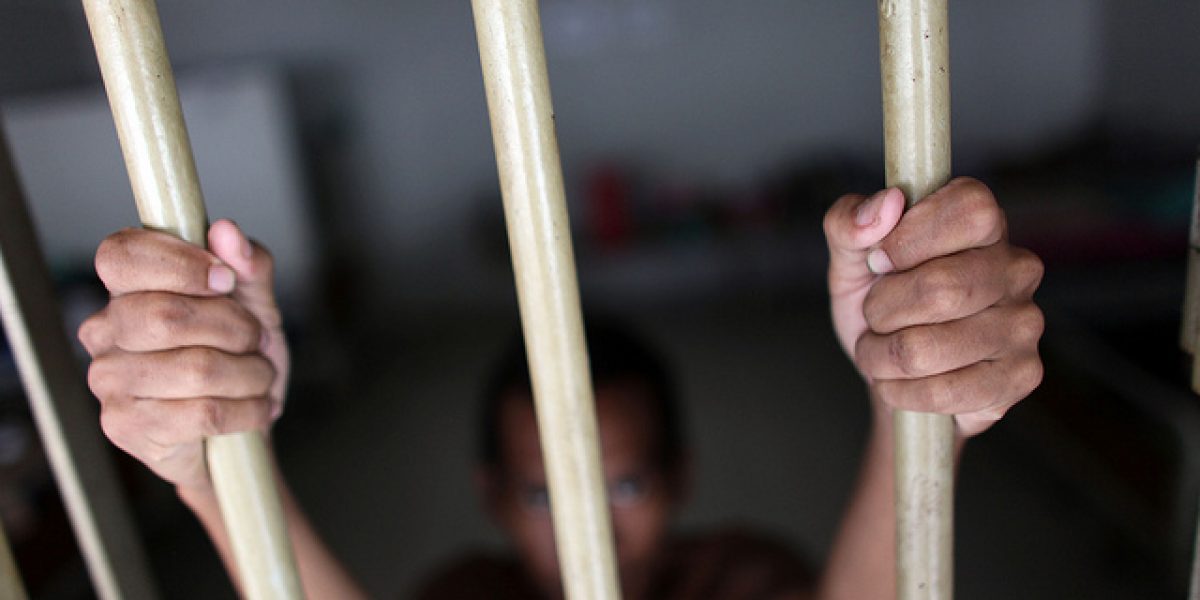The Constitutive Act of the AU sets the normative basis for integrating various global instruments and protocols, including the UN’s Universal Declaration of Human Rights and the International Covenant on Civil and Political Rights. The African Governance Architecture and the African Peace and Security Architecture were intended to provide a substantive institutional basis to advance human rights through good governance and democracy. While progress has been made to advance human rights, this has been far too modest when measured against the ambitions that African states and continental institutions put forth in 2002. This policy brief argues that this is the result of persistent and strong sovereignty norms, including an inability by African states to integrate diplomacies of human rights, democracy and good governance as pivotal identities in their foreign policies.








